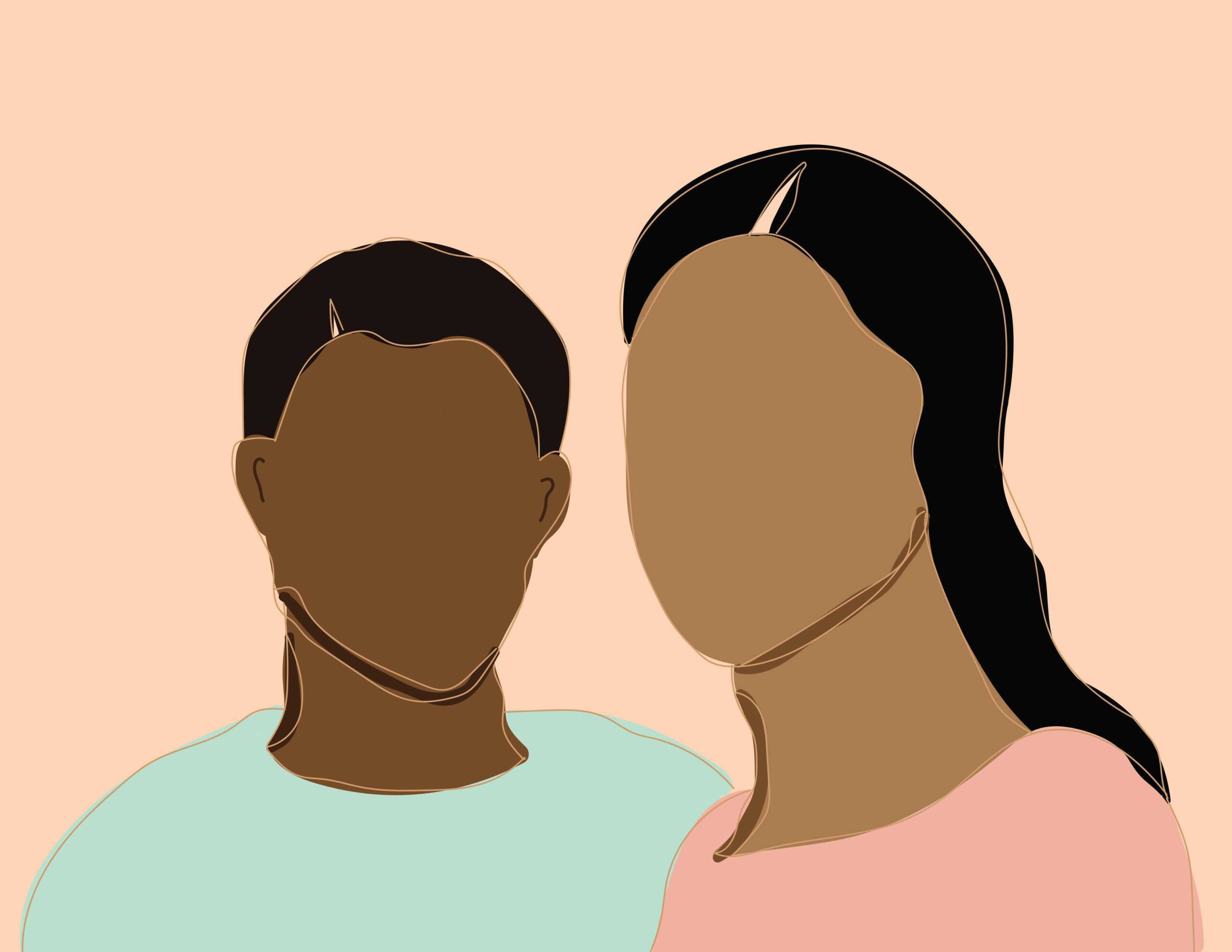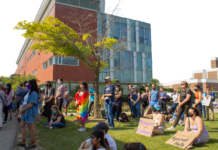
Two recent incidents of racist behaviour tied to UW have thrown anti-Black racism at the university into the spotlight.
Amy Cooper, a white UW alumnus called the police on Christian Cooper, a Black man, in Central Park, New York over a dispute about Amy’s dog being off leash in May.
A white UW professor, BJ Rye, used the N-word in class during her Human Sexuality class back in March.
Both incidents have prompted the university to denounce racism.
Imprint spoke to Nyah Ainoo, the president of the University of Waterloo Black Student Association for Student Expression (UW-BASE) about the recent incidents and how the UW community can respond.
“The first thing that the university needs to do is acknowledge us, acknowledge that we’re here, acknowledge what we’re going through and stop saying that they stand with us and they understand if they don’t,” Ainoo said.
“They have swept every petition under the rug, they have swept every comment under the rug until it got to the point where they couldn’t stay silent anymore.”
Ainoo also said that she hasn’t had one Black professor in two years being a student at UW and she posed the question: “Isn’t that telling you something?”
Both alumnus Amy Cooper and professor BJ Rye have apologized.
But despite UW denouncing the use of the N-word in class, UW has yet to discipline BJ Rye.
“Why are you protecting someone who called us the N-word?” Ainoo said about the university not disciplining the professor who used the N-word in class.
“Why did we have to start getting shot in the street, start rioting, start dying for you to notice that Black people on campus are systematically marginalized? So, what can you do to erase this representation – let us see a representation of ourselves on campus reflect[ed] in professors, administrators, staff members. ”
Ainoo said UW routinely mentions UW-BASE as a resource for marginalized students but doesn’t back it up with funding. The UW-BASE president said the group gets $75 per term and would like to see a Black mental health fund and for the university to hire Black counselors.
“There’s only one Black counselor in the entire health services office. He’s one person,” Ainoo said.
UW released a statement saying it is “an institution committed to valuing and fostering respect among our campus members.”
This post by the university was heavily criticized on Instagram by students who have faced discrimination on the basis of their race or the colour of their skin.
Out of the 350 comments on the post, many students asked the university to “look beyond the media stint and realize that racism in Waterloo is deep-rooted and prevalent.”
The students said they felt “unheard” and disappointed.
Some students said they felt UW was unsafe for people of colour.
They said they wanted the university to take action against professor Rye and support the Black community beyond making statements.
Ainoo also called for greater inclusion in UW’s curriculum so students can better understand Black history.
“There are a lot of things that need to go into this institution because the racism in it is institutionalized. You need to start somewhere and you guys just haven’t,” Ainoo said in reference to the university.




























